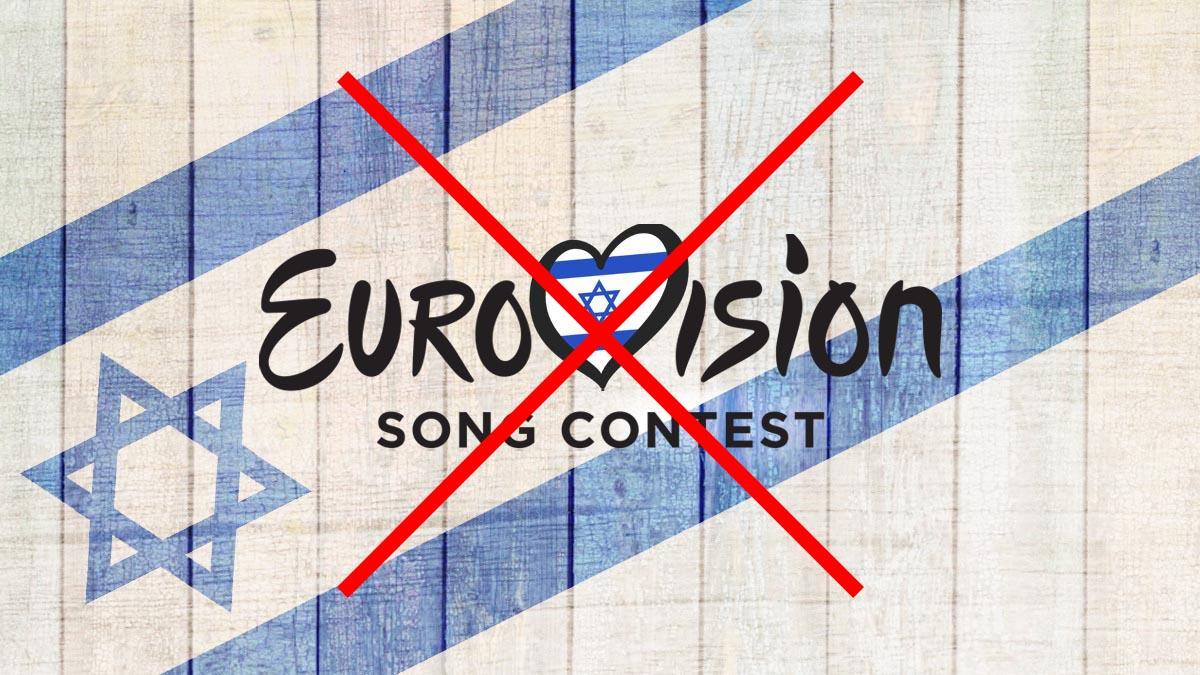
Following Slovenia’s steps? Spanish Culture Minister Ernest Urtasun proposes Spain withdraw from Eurovision 2026 if Israel is not disqualified, urging national broadcaster RTVE to follow Slovenia’s lead.
Spanish Culture Minister Ernest Urtasun has urged Spain’s national broadcaster RTVE to withdraw from Eurovision 2026, scheduled to be held in Vienna, Austria, if Israel is not excluded from the competition. Urtasun, a member of the far-left “Sumar” party, joins his party colleagues, Yolanda Diaz, Spain’s Labor Minister and Deputy Prime Minister under Pedro Sanchez, and Sira Rego, Minister of Children and Youth. Prime Minister Sanchez himself expressed strong opposition to Israel’s participation
In an interview for La 1, one of RTVE’s channels, Urtasun proposed Spain’s withdrawal from Eurovision 2026 and called on the government to follow Slovenia’s lead: press for Israel’s disqualification, or else withdraw after Spain already confirmed its participation in the contest. Such a move would mark the first-ever withdrawal of Spain from Eurovision in its history.
In the interview Urtasun said:
“We have already demanded once that Israel be banned from Eurovision”.
However, he clarified that Spain’s participation ultimately lies with RTVE, adding:
“If Israel participates, and we do not manage to disqualify it, then Spain will likely have to step back and withdraw”.
He further justified his position by referring to recent protests in La Vuelta against Israel, stating:
“We cannot normalize Israel’s participation in international forums as if nothing has happened”.
While international cultural and sporting events highlight individual artists or athletes, Urtasun argued that they still represent their countries, making normalization unacceptable. He also endorsed a Spanish open letter to the EBU urging debate over Israel’s future participation in the contest.
Spain’s Potential Consequences for Eurovision
 A Spanish withdrawal from Eurovision 2026 could set a significant precedent and cause severe economic ramifications for the contest. As one of the Big 5 members, Spain pays some of the highest participation fees in Europe, and its withdrawal would strip the contest of a substantial part of its budget.
A Spanish withdrawal from Eurovision 2026 could set a significant precedent and cause severe economic ramifications for the contest. As one of the Big 5 members, Spain pays some of the highest participation fees in Europe, and its withdrawal would strip the contest of a substantial part of its budget.
On the other hand, Germany and reportedly Italy – two other members of the Big 5 – take the opposite stance and support Israel’s participation. This Spanish threat essentially divides the Big 5 in two, leaving the EBU with a serious dilemma.
This year, Spain chairs Eurovision’s Reference Group, which oversees the contest’s rules, develops new formats, and ensures a diverse viewing experience for both contestants and audiences. The group handles critical issues such as changing voting rules, expanding participation to new countries, and incorporating new technological elements. It is currently headed by Ana Maria Bordas, a Spanish broadcaster who, like much of RTVE, maintains a highly negative stance toward Israel.
Spain has never withdrawn from Eurovision. If it does, this would mark the first time in history, after 65 consecutive appearances, including its initial participations under dictator Francisco Franco.
Spain in Eurovision 2025
“Esa Diva” (in English: “That Diva”) is the title of the song performed by singer Melody, who represented Spain at Eurovision 2025 in Basel, Switzerland.
Spain finished 24th with 37 points – 27 points from the juries, placing 21st, and only 10 points from the televotes, placing 22nd. In the last 20 years, Spain managed to finish only 3 times in the top 10.
Eurovision 2026: This will be Spain’s 66th participation in Eurovision. Spain joined the competition in 1961 and won it twice consecutively in 1968 and 1969. Spain has hosted the contest on its territory only once in 1969 and since then holds the longest waiting time since its last victory – 56 years.

Email: [email protected]
Phone: +972-50-9441919
Ilay Gaist is a leading Israeli content creator and writer specializing in the Eurovision Song Contest. He is a well-known commentator with extensive expertise in the contest’s history, rules, and dynamics. His passion for Eurovision drives him to deliver rich, professional, and innovative content to his audience.
Ilay holds a bachelor’s degree in Arabic and has a multilingual background. He also engages in cultural research, with a particular focus on global culinary traditions and the evolution of local cuisines around the world.

